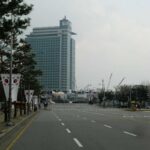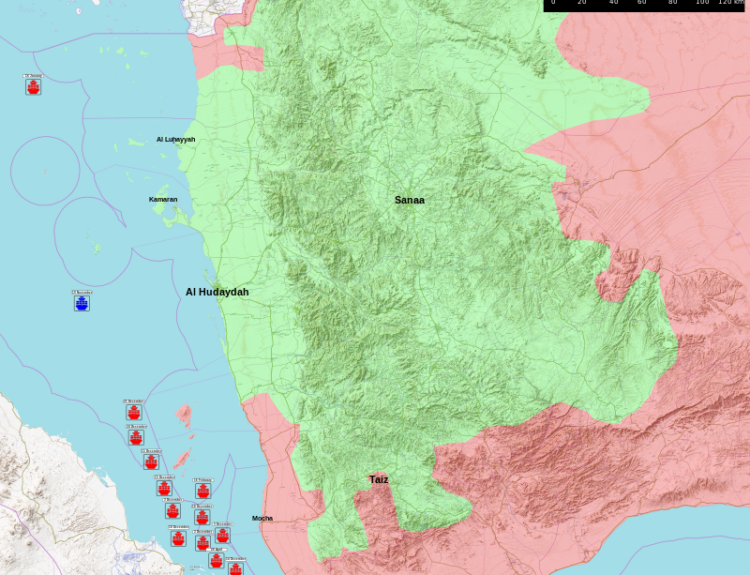The challenges and sacrifices of working in one city and living in another
- Supercommuting requires money, miles, and stamina
- Sleeping in different hotel rooms every night
- Moving between different locations in New York City
- Waiting in line behind pilots and flight attendants at the airport
Supercommuting is not for the faint of heart. It requires a significant amount of money, miles, and stamina. Imagine sleeping in a different hotel room every night, never truly having a place to call home. This is the reality for those who choose to work in one city and live in another. Take, for example, the experience of a supercommuter in New York City. On any given night, they may find themselves in a Midtown Manhattan Hampton Inn, only to move to a budget hotel downtown the next night. And let’s not forget about the nights spent near the airport, waiting to check in behind a group of pilots and flight attendants. Supercommuting is a lifestyle that requires constant movement and adaptability. It’s not just about the physical distance between two cities; it’s about the mental and emotional toll it takes. The sacrifices made in pursuit of career opportunities can often outweigh the benefits. So, the next time you hear someone say they’re a supercommuter, remember the challenges they face and the sacrifices they make. It’s not an easy path, but for some, it’s the only way to achieve their professional goals while maintaining a semblance of a personal life.
Public Companies:
Private Companies: undefined, undefined
Key People:
Factuality Level: 8
Justification: The article provides personal anecdotes and experiences of the author, which may not be relevant or factual information. It lacks objective reporting and contains unnecessary details about the author’s hotel stays and interactions.
Noise Level: 2
Justification: The article provides a personal anecdote about the author’s experience of staying in different hotel rooms in New York City. While it may be interesting to some readers, it lacks relevance and does not provide any meaningful analysis, evidence, or insights. It is mostly filler content and does not meet the criteria for a high-quality article.
Financial Relevance: No
Financial Markets Impacted: No
Presence of Extreme Event: No
Nature of Extreme Event: No
Impact Rating of the Extreme Event: No
Justification: The article does not pertain to financial topics and does not describe any extreme event.
 www.wsj.com
www.wsj.com 





